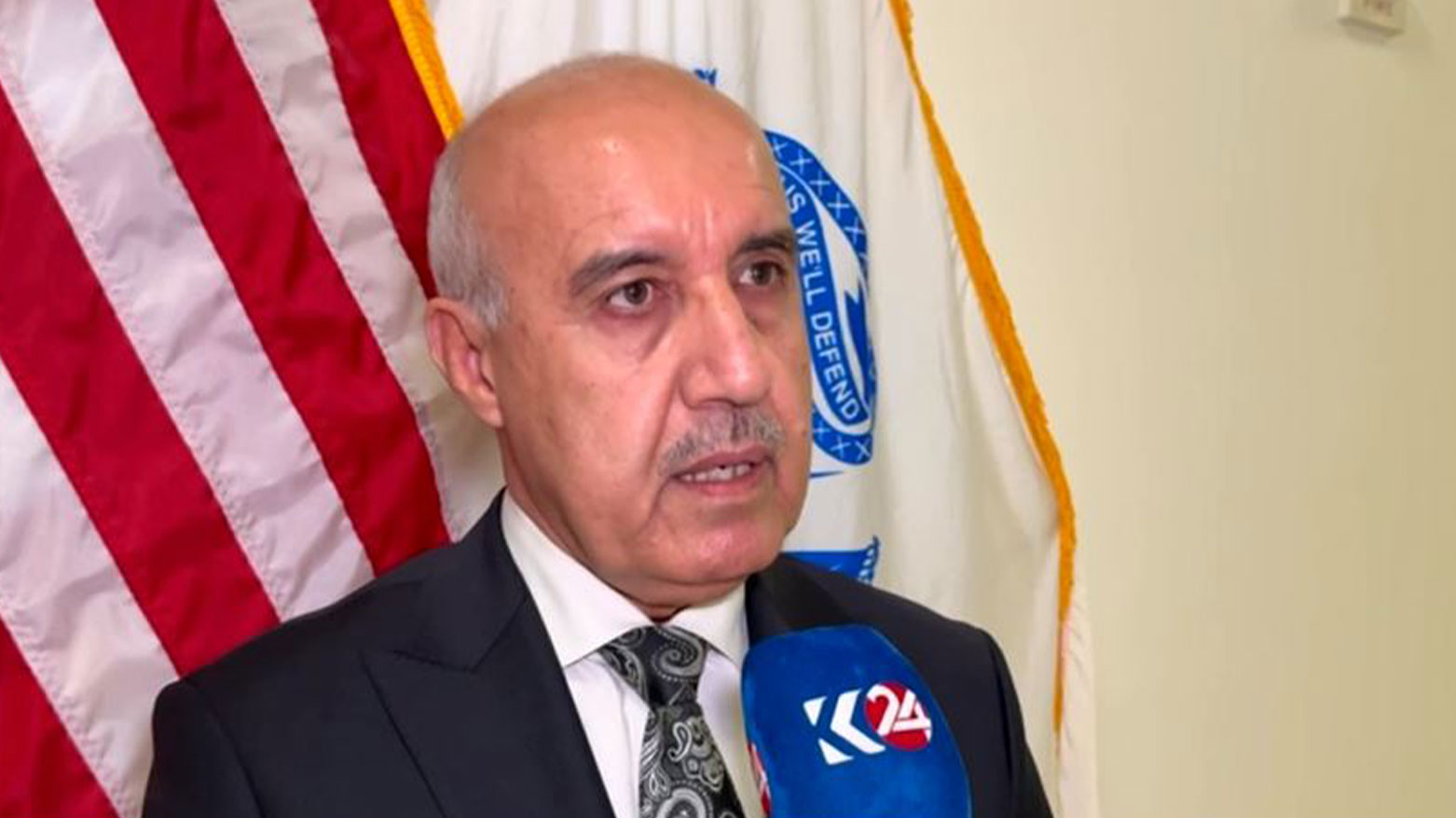Kurdistan’s Acting Natural Resources Minister Hails U.S. Energy Deals as Strategic Win Amid Baghdad Pushback
“These contracts are milestones that will attract further investment, pave the way for more American companies to enter the Kurdistan Region, support our energy transition, and strengthen our international partnerships,” the minister emphasized.

ERBIL (Kurdistan24) — The Kurdistan Region’s Acting Minister of Natural Resources on Thursday described the signing of recent multi-billion-dollar energy agreements with U.S. companies as a major achievement for Kurdish-American relations, underscoring the deals as a step forward in securing energy independence and economic growth.
In an exclusive statement to Kurdistan24, Minister Kamal Mohammed emphasized the strategic importance of the contracts signed between the Kurdistan Regional Government (KRG) and two prominent U.S. oil and gas firms — HKN Energy and WesternZagros.
“These agreements are a strong outcome of our ongoing relations with a powerful country like the United States,” Mohammed said. “The contract signed with HKN Energy is key to supplying natural gas to power stations. The Miran gas field alone contains nine trillion standard cubic feet of gas.”
He added that another agreement was reached with WesternZagros to develop the Topkhana field, which holds five trillion standard cubic feet of gas and nine million barrels of oil.
“These projects will pave the way for more American companies to enter the Kurdistan Region,” the minister noted.
U.S. Support Amid Baghdad Resistance
While the deals were met with resistance from Iraq’s Ministry of Oil, Minister Mohammed said U.S. support quickly countered the criticism. “We observed the Iraqi Oil Ministry's dissatisfaction, but the very next day, the U.S. Department of State reiterated its backing for American companies operating in the Kurdistan Region and confirmed the legitimacy of the agreements,” he stated.
The energy contracts were officially signed on May 19, 2025, during an official visit by Kurdistan Region Prime Minister Masrour Barzani to Washington, D.C. At a high-profile ceremony at the U.S. Chamber of Commerce, Prime Minister Barzani oversaw the signings, which mark a new chapter in Kurdish-American economic cooperation.
A $10 Billion Investment in the Future
The combined value of the two energy deals is estimated at $10 billion, representing a massive boost to the Kurdistan Region’s energy infrastructure and economic outlook. The agreements are expected to significantly advance the Region’s oil and gas sector, increase gas-based electricity production, and enhance its economic self-reliance.
Minister Mohammed emphasized the broader impact of the deals: “These are not just contracts. They are milestones that will attract further investment, support our energy transition, and strengthen our international partnerships.”
Deepening U.S.-Kurdistan Energy Ties
These developments come amid broader U.S. engagement with the Kurdistan Region. During his Washington trip, Prime Minister Barzani held meetings with senior U.S. officials, members of Congress, and business leaders to strengthen ties in energy, security, and governance.
The deals align with U.S. strategic interests in diversifying energy sources in Iraq and curbing Iranian influence, particularly in Baghdad's energy policy. While tensions persist between Erbil and Baghdad over energy management, Washington’s backing sends a clear signal of continued American commitment to the Kurdistan Region’s autonomy and economic development.
With new gas field development underway and strong U.S. political and commercial support, the Kurdistan Region is poised to become a key player in regional energy markets, positioning itself as a reliable partner in addressing Iraq’s energy needs and the broader global demand.